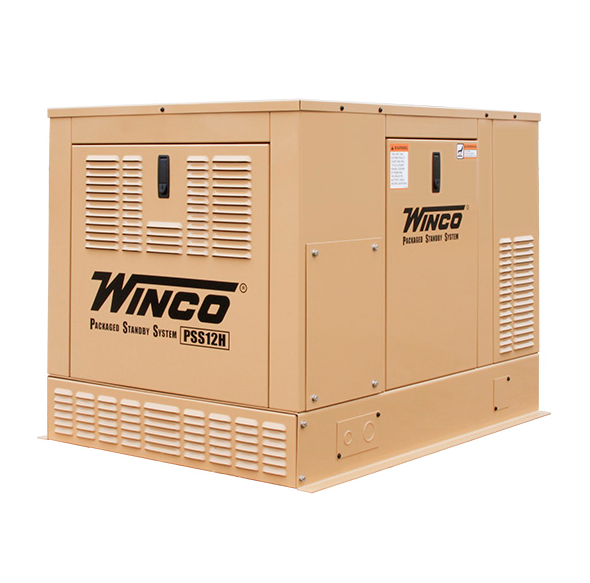stumblinhorse
Platinum Member
- Joined
- Jul 15, 2022
- Messages
- 658
- Location
- Grand County, Colorado
- Tractor
- Case Farmall 75C, Kubota L3130
It seems the power is not something that can be relied upon as much as it used to be. Seems like in bad weather getting the power back on takes longer than it used to. So I wanted to get some ideas of what people are using to keep critical items running to survive a bad storm. I already have the needed wiring etc to run “most“ of what I think I need and will be pulling some romex to make sure I get what I need on the correct circuit.
I like the idea of tying into my 300 gallon propane tank for fuel since that allows me to run for multiple days and not store fuel. But that means I need to modify connectivity to the house and lose a little efficiency of power generation, especially at my 8K elevation. So not sure which way to go.
Also I would like to understand the math on what size I need. Biggest draw for my set up is the well pump and pressure tank. Other items on the circuit are electric stove, fridge, propane boiler/pumps, outdoor boiler and microwave. So I think 10000 watts should be plenty. But not sure what considerations I need to figure in.
thanks for any insight.
I like the idea of tying into my 300 gallon propane tank for fuel since that allows me to run for multiple days and not store fuel. But that means I need to modify connectivity to the house and lose a little efficiency of power generation, especially at my 8K elevation. So not sure which way to go.
Also I would like to understand the math on what size I need. Biggest draw for my set up is the well pump and pressure tank. Other items on the circuit are electric stove, fridge, propane boiler/pumps, outdoor boiler and microwave. So I think 10000 watts should be plenty. But not sure what considerations I need to figure in.
thanks for any insight.

